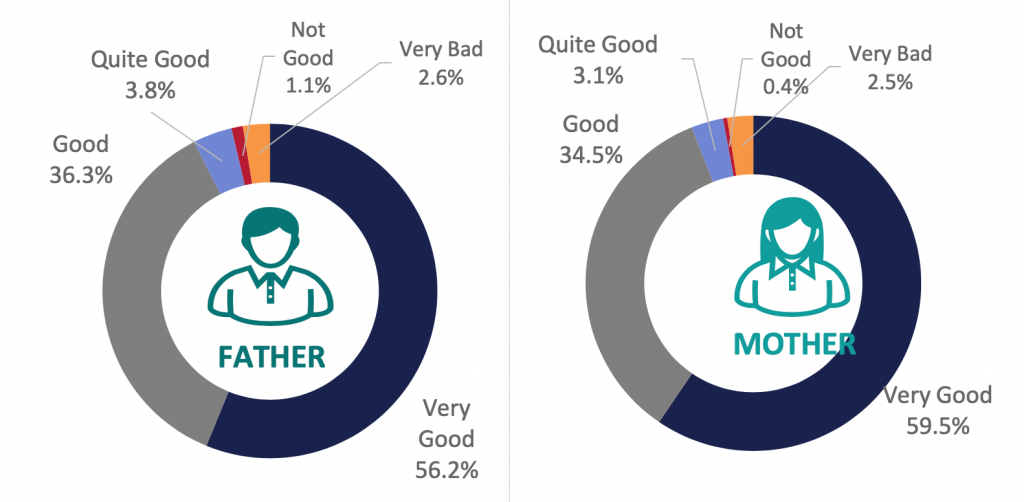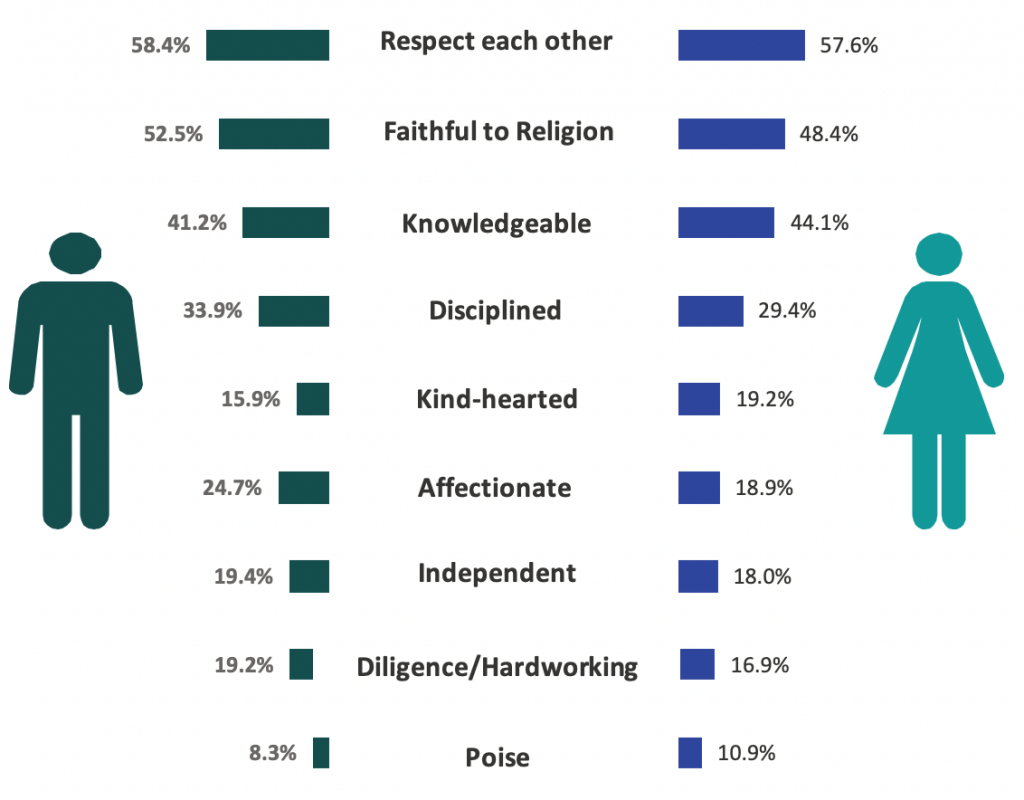Malaysia Population Research Hub

In Malaysia, a great majority of adolescents have a good relationship with both their parents. Despite an overall good relationship among Malaysian parents and children, increased use and reliance on technology, particularly by younger generation, are affecting the family’s wellbeing. (Family and Communication Technology domain recorded one of the lowest score in the Family Well-Being Index 2016, especially in the aspects of influence and control over the use of communication technology).
Children’s preoccupation in technology is thought to make family members feel more isolated as it limits their availability to communicate and interact face to face with one another.
In fact, most parents are generally unaware of their children’s internet activity, and have no control over the amount and type of information that youth are exposed to. Consequently, parents are digital disconnected from their children, and worry about not being able to understand their children and keeping them on the right track.
Adolescent Relationships with Parents, Malaysia (2014)

Family Well-Being Index (2016)

Cultural values still emphasised by parents to children
Malaysian parents place importance on passing down cultural and family values which are the foundation of Malaysian society. Values which are imparted on both male and female adolescents are similar, with the top key values being respecting one another, faithful to religion, and knowledgeable. Meanwhile, values which are least prioritised for male adolescent include poise and kind-hearted whereas for female adolescent are poise and diligence/hardworking.
Values that are Instilled in Adolescent, Malaysia (2014)

Intergenerational support is still relatively strong
Malaysia is still firmly rooted in cultural tradition and close family relationships in which filial piety and intergenerational support is still highly valued within the population. Generally, family is the primary support system, and parents and children provide intergenerational assistancein ensuring the wellbeing of each other.Most elderly have received assistance from their children and in-laws, especially in the form of monetary and financial support as well as daily necessities, while most elderly provide emotional support for their children, especially when it comes to sharing personal issues and concerns.
Assistance for Elder Parents

Government schemes that encourage intergenerational support, such as helping families to live closer together, are most likely welcomed by Malaysians.
